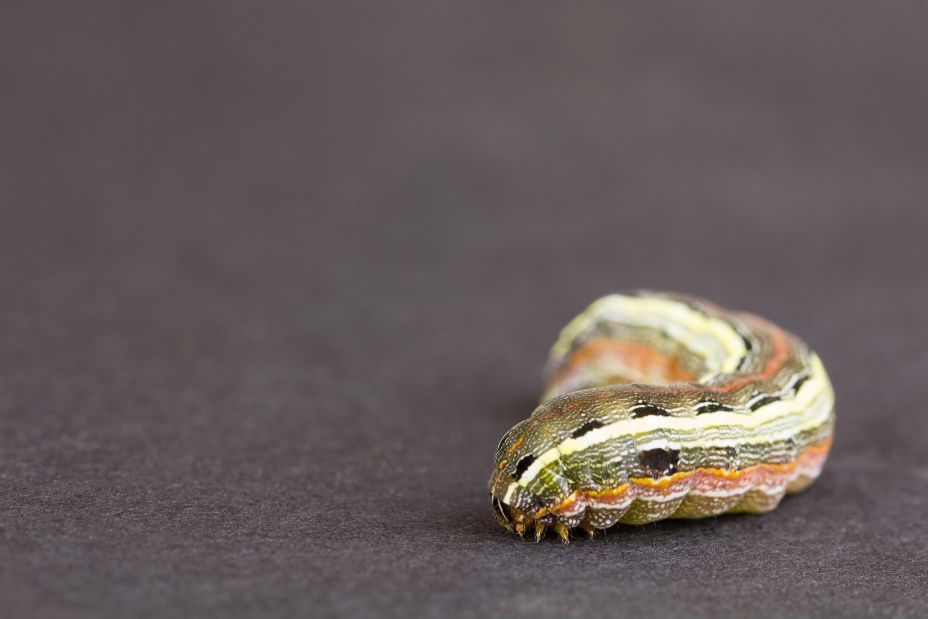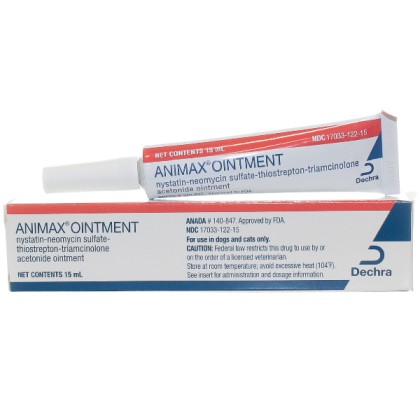Dogs are funny creatures. They love to play, dig, and explore their surroundings. But they also sometimes eat the weirdest things! They may find bugs, such as army worms, in the garden and munch them down! But what happens if a dog eats an army worm? Can the army worm make a dog sick?
Connect with a verified veterinarian in minutes. Licensed vets are available 24/7 to answer your questions. No need to worry about your furry family member.
Has your dog eaten an army worm? Are you worried that the army worm will make your dog sick? If so, you’ve come to the right place. We understand it can be scary when a dog eats something like this.
We’ve gathered information about army worms and whether they can make a dog sick. Let’s get started!

What is an Army Worm?
The army worm is a worm that turns up in the fall and eventually turns into a moth. The worms are common in the fall months, so you may also hear them called “fall army worms.” These are called “army worms” because they tend to swarm in large numbers. They are regarded as pests and they can easily destroy and damage a wide range of crops.
These worms are widely found across Eastern and Central parts of North America and South America. The worms don’t survive in winter, so they usually stay in Texas and Florida during the colder months. The “worms” are caterpillars that feed off grasses and grain crops. An invasion of these pests can lead to crop and plant damage. In some cases, the worms even eat their own kind. Yuck!
But what happens if a dog eats an army worm? Can the army worm make a dog sick?
Army Worms & Dogs
Unfortunately, it is possible for a dog to get sick from eating an army worm. While the worm is not toxic, it may have been in soil or on plants treated with insecticides. In addition, the worms may carry intestinal parasites that could infect a dog.

Review symptoms, medications & behavior to keep your pets healthy with a Vet Online in just minutes.
Ask a Vet Live NowSymptoms of Army Worm Ingestion in Dogs
You may notice these symptoms if your dog has eaten an army worm:
- Excessive drooling
- Gagging
- Nausea
- Vomiting
- Diarrhea
- Lack of appetite
- Agitation
- Tremors
- Convulsions
- Difficulty breathing
- Increased heart rate
If you notice any of these symptoms in your dog, call the vet immediately. This may be an emergency.
Treatment of Army Worm Ingestion in Dogs
The vet may need to induce vomiting and use activated charcoal to remove toxins from your dog’s system. IV fluids also help flush toxins from your fur baby’s body. In addition, the vet may give your dog medications to reduce convulsions or seizures and more.
In some cases, it may be necessary for your canine companion to be hospitalized until he’s in stable condition.
The prognosis is best for dogs who receive prompt medical treatment after eating an army worm. In the future, it’s best to train your dog to avoid eating army worms. You’ll both be happier for it!
Connect with a verified veterinarian in minutes. Licensed vets are available 24/7 to answer your questions. No need to worry about your furry family member.

Julie
Julie is a graduate of the University of North Carolina, Wilmington, where she studied Animal science. Though contrary to the opinion of her parents she was meant to study pharmacy, but she was in love with animals especially cats. Julie currently works in an animal research institute (NGO) in California and loves spending quality time with her little cat. She has the passion for making research about animals, how they survive, their way of life among others and publishes it. Julie is also happily married with two kids.
Review symptoms, medications & behavior to keep your pets healthy with a Vet Online in just minutes.
Ask a Vet Live Now




